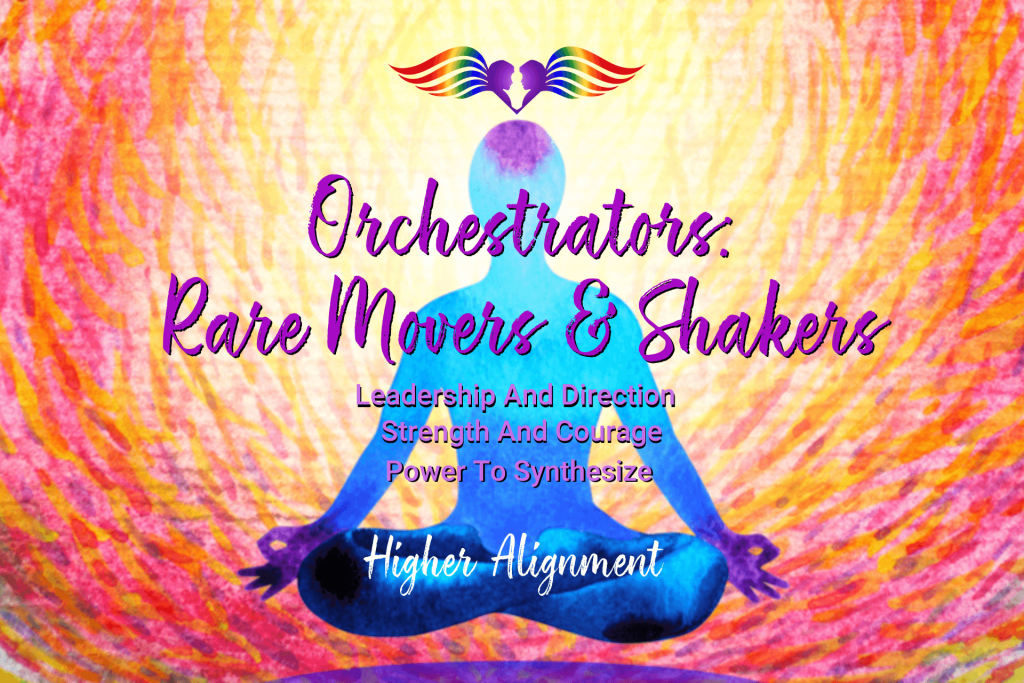
Orchestrators: Rare Movers & Shakers
— From The Wise Old Sage Commentaries
Mastery Often Provokes Sabotage by The Least Capable
As Orchestrators, our unityUnity: 1. the state of being one, or united, oneness 2. something complete in it… (click the word for the full definition) between thoughts and actions instills integrity of purpose conveying fortitude. Our presencePresence: 1. focusing on inner subtle energies layers where perceptions and the … (click the word for the full definition) alone challenges the status quo because others feel the raw power of our being. Less masterful individuals may feel intimidated by us, a challenge to those who have not yet accepted their power and accomplishments. What others resent is how we impose a set of expectations – that people will pay attentionAttention: 1. The ability to focus ourselves in a way where we are Present with … (click the word for the full definition) to us and defer to us without question. They envy our desire for adulation. Imitators will seek to build anticipation with the intention of capturing and directing the attention of others.
Therefore, we Orchestrators seldom pay much attention to ‘supposed’ adversaries who we ignore at our own peril. While this infuriates others, this disregard of adversaries as significant competitors builds the Orchestrator reputation for being tough and independent. Ironically, we are somewhat dismissive of our own accomplishments and resumes because we are always focused on going beyond what was previously done.
Orchestrators are action oriented, group extroverts with a quiet, direct gaze.
Steve Hudek Tweet
In the United States, a larger majority of Orchestrators are women, who can be found disproportionately leading high-tech startups or large government work projects. Orchestrators are trailblazers who inspire competence and a sense of confidence in others who invest in their mission. We lead groups where every single person has demonstrated skill and resourcefulness in being able to accomplish what was previously thought impossible. Therefore, we can also be identified by our team or posse of confident facilitators who surround us.
As Orchestrators, we only delegate to those people who are masterful in their skills and are good at running their own groups. We invest a lot of time in relationship building with our teams because we know it is the main foundation for our success. The conversations we have within our teams pose questions not only about what we are doing but how we can do it better. Anyone who is not completely aligned to our mission will find themselves ejected from our core team. The pressure to grow and be able to measure growthGrowth: 1. an evolutionary Aliveness or life building process 2. reflects an abi… (click the word for the full definition) evokes a desire to be constantly learning, so individuals can continue to be part of this tight knit group.
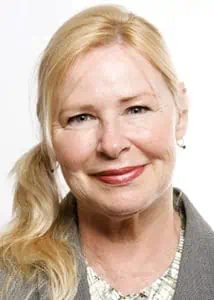
Orchestrator
Compassionate
Investigator
Dynamic
1-2-5
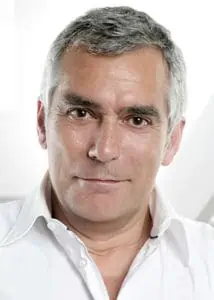
Orchestrator
Visionary
Investigator
Dynamic
1-6-5

Orchestrator
Visionary
Compassionate
Distant
1-6-2

Orchestrator
Investigator
Visionary
Dynamic
1-5-6
Orchestrators Operate with Expanded Scope & Context
In exchange for this commitmentCommitment: 1. A pledge or promise to engage or produce some result 2. A quality… (click the word for the full definition) to growth, we Orchestrators are extremely protective of and loyal to our teams. We build our teams in the fire of tough projects where we find joyJoy: 1. a state of well-being and wholeness that arises from a balanced apprecia… (click the word for the full definition) in implementing massive solutions. Our core issue is being able to embrace our resourcefulness so that our abundant desires drive us to make a large difference in the world. When we selfishly cling to our self-image and operate in scarcity, our main qualities remain un-actualized, and we cannot recruit a good team. This leads to self-aggrandizing personality self-importance, and we become tyrannical and demanding. When we are less actualized, we demand that others treat us better than they treat themselves. When evolved, we understand where others are in their process of self-affirmation and support them to be their best.
Orchestrators are big-picture planners who have assembled specialized subordinates that are the best in their fields. An Orchestrator operates from force of will. This can be intimidating to the people around them, but it is not usually an attempt to prove their power. The main reason for their action, assertion and directness is that they envision a future that they must manifest. When an Orchestrator commits to a vision, they can initially be incredibly destructive to what previously existed. This is because they want to clear ground for their vision to be built on a new foundation.
Orchestrators are focused on the modalities of thoughts and sensations, making them objective, coordinated, big-picture planners.
Steve Hudek Tweet
Orchestrators never question their leadership, and others typically defer to them even if the Orchestrator does not know all the details. This is because the Orchestrator delegates and relies on their experts to do their jobs. This confidence is not easily earned, for most of their people have been carefully vetted and tested in many ways. An Orchestrator must have complete confidence that his or her people will tell the whole truth and do the job that is necessary no matter the circumstances. It is this trusting connectionConnection: 1. the first step in the Seven Steps of Enlightened Dating where we … (click the word for the full definition) that makes any team an Orchestrator creates a heroic endeavor.
Another virtue of an Orchestrator is their natural strength and courage. They tend to be fearless and undaunted by any obstacle. Their unique power comes from their ability to synthesize a solution that is world class. This creates shock and awe in their adversaries. People are usually intimidated by the track record of any Orchestrator. Orchestrators constantly up their game and go for larger prizes to challenge themselves and their team. One of their main values is speaking truth to power. This means Orchestrators have no problem telling politicians or other business leaders what their job is to make things work on a larger level.
Orchestrators also treasure their independenceIndependence: 1. condition or objective of defining oneself outside of the contr… (click the word for the full definition) and some even like their isolation from the normal fray. This is because they are extremely deep thinkers who need to concentrate to fulfill their dreams. One of the values they treasure is that they can destroy as easily as create. They think nothing about eliminating something that does not work. On the other hand, when they replace such things, they do so with an intelligence and drive that it must work, not just for them but for everyone. Some are very attached to quality foods and living environments. They like having someone else take care of scheduling the activities so they can focus on their major priorities.
Orchestrator Skills Demand the Best from Others
Another prime value is their capacity to think in terms of unity and dominion. In this they can be ultra-protective with any group they work with. When others make a deal with them, they expect complete obedience and in some cases submission. In return they make sure things are coordinated to an extraordinary level of completeness. Initially Orchestrators take care of themselves, but over time they become more altruistic. They soon realize that playing small or competing with others never leads to creative greatness.
Most Orchestrator relationships develop because of creative differences and experiences. Orchestrators are intensely interested in understanding why people do what they do. Since their mission is to identify the right people and put them in the right positions, they need to know what makes others tick. The formative experiences of an Orchestrator are usually the best guide to their future development. This means how they cope with adversity is what unifies them with others who are trying to accomplish similar goals. This trust-building process only occurs when the Orchestrator can see the value of incorporating an expertise into their own framework. The superpower of Orchestrators is that they know how to synthesize expertise so they can predict how new tools and techniques can create progress.
Orchestrators watch for congruent actions because they trust actions over words. They want to be sure that the people who work for them are aligned with them.
Steve Hudek Tweet
They prefer to connect in an autonomous, cooperative framework where they can guide a project to completion. They think of themselves as large contextContext: 1. the experiential container that permits us to see how the content re… (click the word for the full definition), or complex, high-minded people, yet detailed in their way of operating. While this seems paradoxical, they possess the skills to integrate these diverse perspectives, so they seem to be able to know how a project is working from many different perspectives. They always trustTrust: 1. faith or confidence in the honesty, integrity, reliability, justice, e… (click the word for the full definition) their own experienceExperience: 1. the apprehension and transformation of reality, circumstances, or… (click the word for the full definition) over anyone else’s. They trust individuals who become accurate reporters of what is going on in many distant environments.
Orchestrators empower agents to act with their own voice and will back them up appropriately. This means that they are completely tuned in to the people who work for them and can usually read them like a book. This is what allows Orchestrators to choose the appropriate people for their teams. Orchestrators live for their legacy by philanthropic giving that leaves no doubt about their impact on the culture and the places they love.
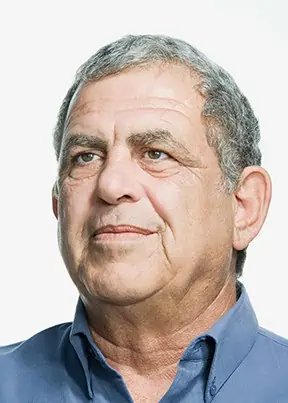
Orchestrator
Visionary
Storyteller
Dynamic
1-6-7
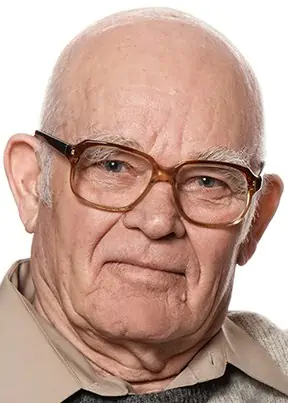
Orchestrator
Investigator
Visionary
Dynamic
1-5-6
Orchestrator Contribution Can Be Defined By Its Impact
Full actualization of Orchestrator Primary creative expression manifests with energetic attention on the activities or elements being assembled. The more we love our expression, the more others are drawn into our field of awareness. This demonstrates how the intentIntent: 1. a reflection of will, either personal or Universal, that defines our … (click the word for the full definition) of co-workers is being enlarged and/or modified by the Orchestrator’s intent. This field of raw power can be beneficial when used for the greater good or destructive when utilized only to enhance personal self-interest. The most distinguishing aspect of this expression is the coherency of the plan. The more the plan works together, the more Orchestrators can bend the intentions of those around them to makes sure the plan happens
The distinction between Primary, Secondary and Mental Body Investigators has to do with the depth and purpose of their knowledge-acquisition process. Investigator Primaries are the most open to new learning and will do it just for its own sake. Investigator Secondaries want to take information and make it useful for some purpose, so it has commercial value. Investigator Mental Bodies are more interested in connecting themselves to the knowledge they need to know and only investigate things deeply if those things have relevance to the contributions they wish to make. This points out one of the challenges of Investigators: all of them feel compelled to share what they know with others, but they have different motivations and biases in the way they do it. When they filter out the bias, the underlying issue is how much they can count on what others are sharing with them.
Orchestrators need to accomplish a degree of soul-personality fusion to distinguish transpersonal from personal desires.
Steve Hudek Tweet
If we have Investigator imprintingImprinting: 1. an acceptance mechanism used by infants and young children to ens… (click the word for the full definition), we feel compelled to act like we always know what is being discussed and why it is important. We can see this when we repeat and reframe what others say and must convince others, usually by adding some new detail, that we are the best prepared to follow up and create an answer. The more we are unbalanced in our concrete thinking, the more difficult it is to understand what to do to develop a solution for others. We place time pressure on ourselves and our thinking, falsely believing that it is a sign of intelligence. We also try to seek clever answers rather than wise ones, which causes a lot of people to stop trusting our assessments.
